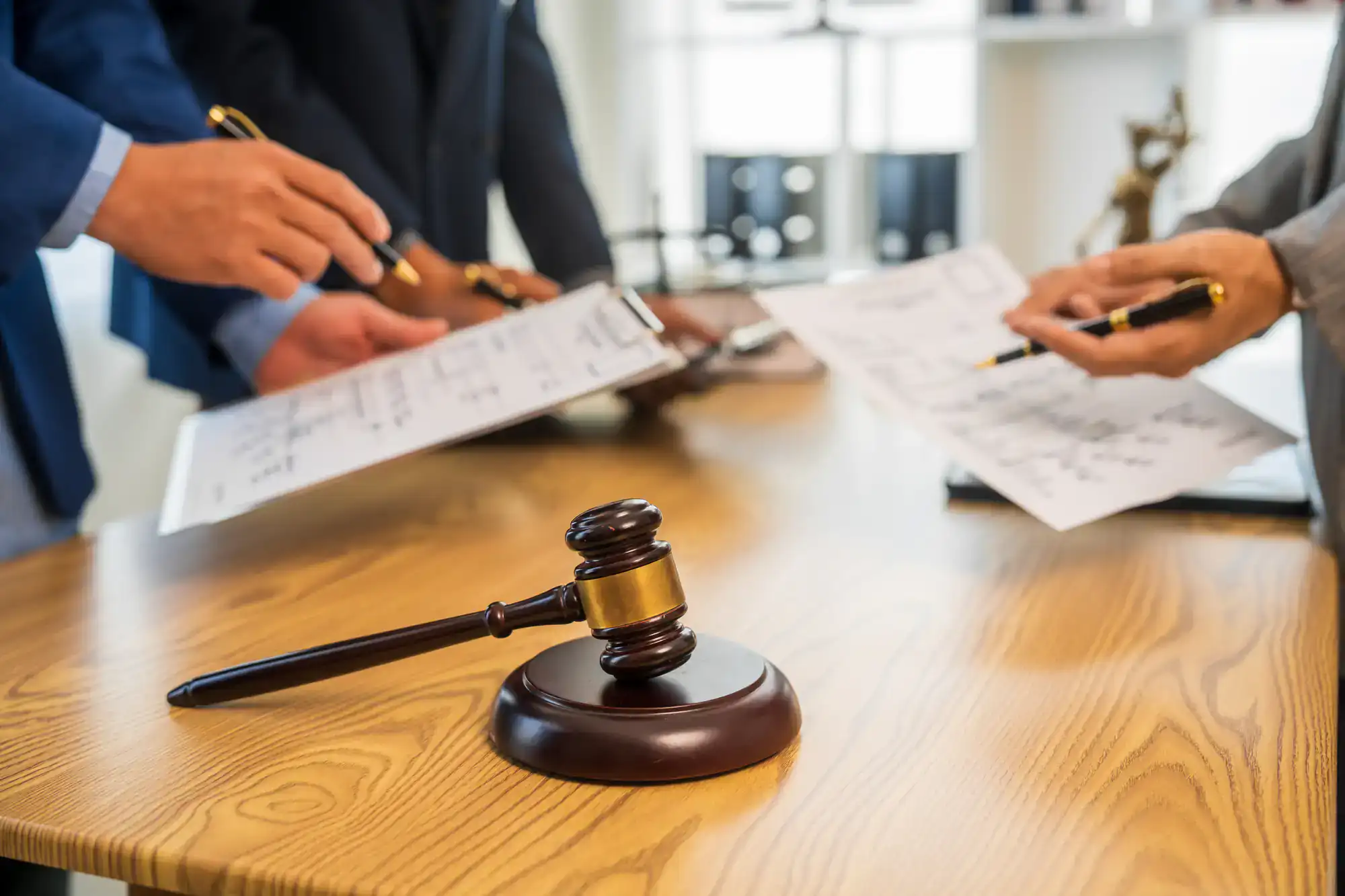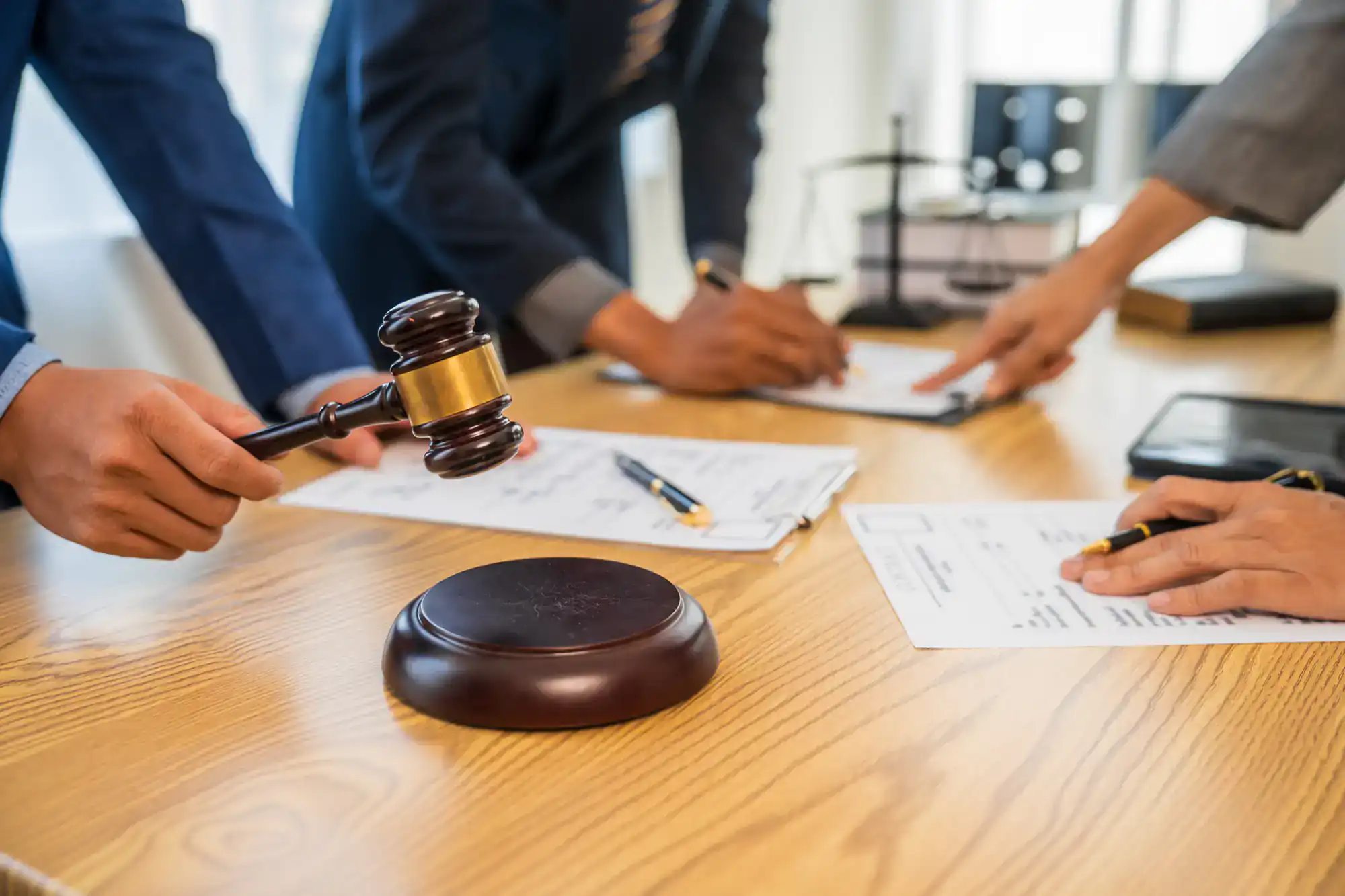Probate Attorney in Upper Brookville, NY
Navigate Probate Without the Overwhelm
Get clear guidance and compassionate support through New York’s probate process from attorneys who understand what families face.


Estate Administration Upper Brookville
Probate doesn’t have to tear your family apart or drain your loved one’s estate. When you work with experienced probate attorneys who know Nassau County’s Surrogate’s Court inside and out, you get what matters most: clarity on what needs to happen, realistic timelines you can count on, and protection from the costly mistakes that can derail everything.
You’ll sleep better knowing someone is handling the legal requirements properly while you focus on what really matters during this difficult time. No more wondering if you’re missing deadlines or making decisions that could come back to haunt you later.
The probate process has enough moving parts without adding unnecessary stress to your family’s grief.
Probate Lawyers Upper Brookville NY
We have been guiding Long Island families through probate and estate administration for over a decade. We understand the unique challenges Nassau County families face, from managing property in high-value markets to navigating complex family dynamics during emotional times.
Founded by attorney Cheryl Fratello, our practice focuses exclusively on elder law, estate planning, and probate matters. This isn’t a general practice firm trying to handle everything – we live and breathe estate law every day.
We offer bilingual services in Spanish and Italian, plus home visits when needed. We know that Upper Brookville families value personal attention and clear communication, especially when dealing with something as important as settling a loved one’s estate.

Probate Process Upper Brookville
First, you’ll meet with an attorney who will review the will, assess the estate’s assets, and explain exactly what needs to happen. No legal jargon – just straight talk about timelines, costs, and what to expect. You’ll know upfront whether you’re looking at a straightforward 7-9 month process or something more complex.
Next, we handle filing the probate petition with Nassau County Surrogate’s Court and obtaining your letters testamentary. This typically takes 2-3 months, but we’ll keep you informed if court backlogs cause delays. We know which documents the court requires and how to avoid the small errors that can push your case to the bottom of the pile.
Finally, we guide you through asset collection, debt payment, and distribution to beneficiaries. We’ll help you understand your responsibilities as executor while protecting you from personal liability. When everything is complete, we’ll file the necessary closing documents with the court.

Ready to get started?
Estate Settlement Upper Brookville
You get full-service probate representation designed specifically for Nassau County families. This includes preparing and filing all court documents, obtaining letters testamentary, managing creditor claims, and handling asset transfers. We also coordinate with accountants for tax filings and real estate professionals when property sales are involved.
Nassau County estates often include valuable real estate, which requires special attention during probate. We understand local property values and can help you make informed decisions about whether to sell or transfer property to beneficiaries. We also know how to handle situations where family members disagree about what should happen to the family home.
For Upper Brookville families, this means working with attorneys who understand the local market dynamics and can protect your estate’s value throughout the process. We’ll also help you avoid the common mistakes that can delay settlement or create unnecessary family conflict.

